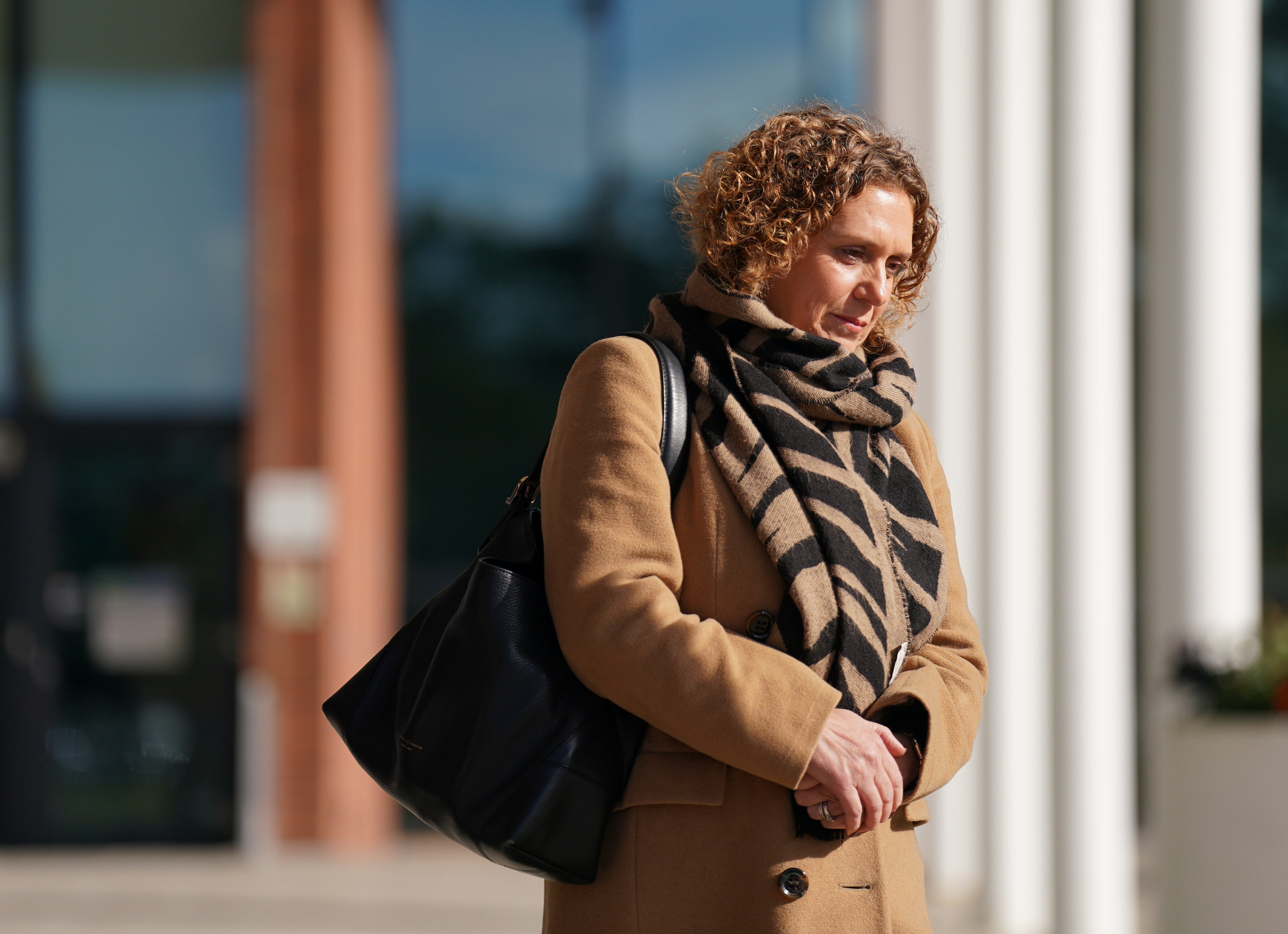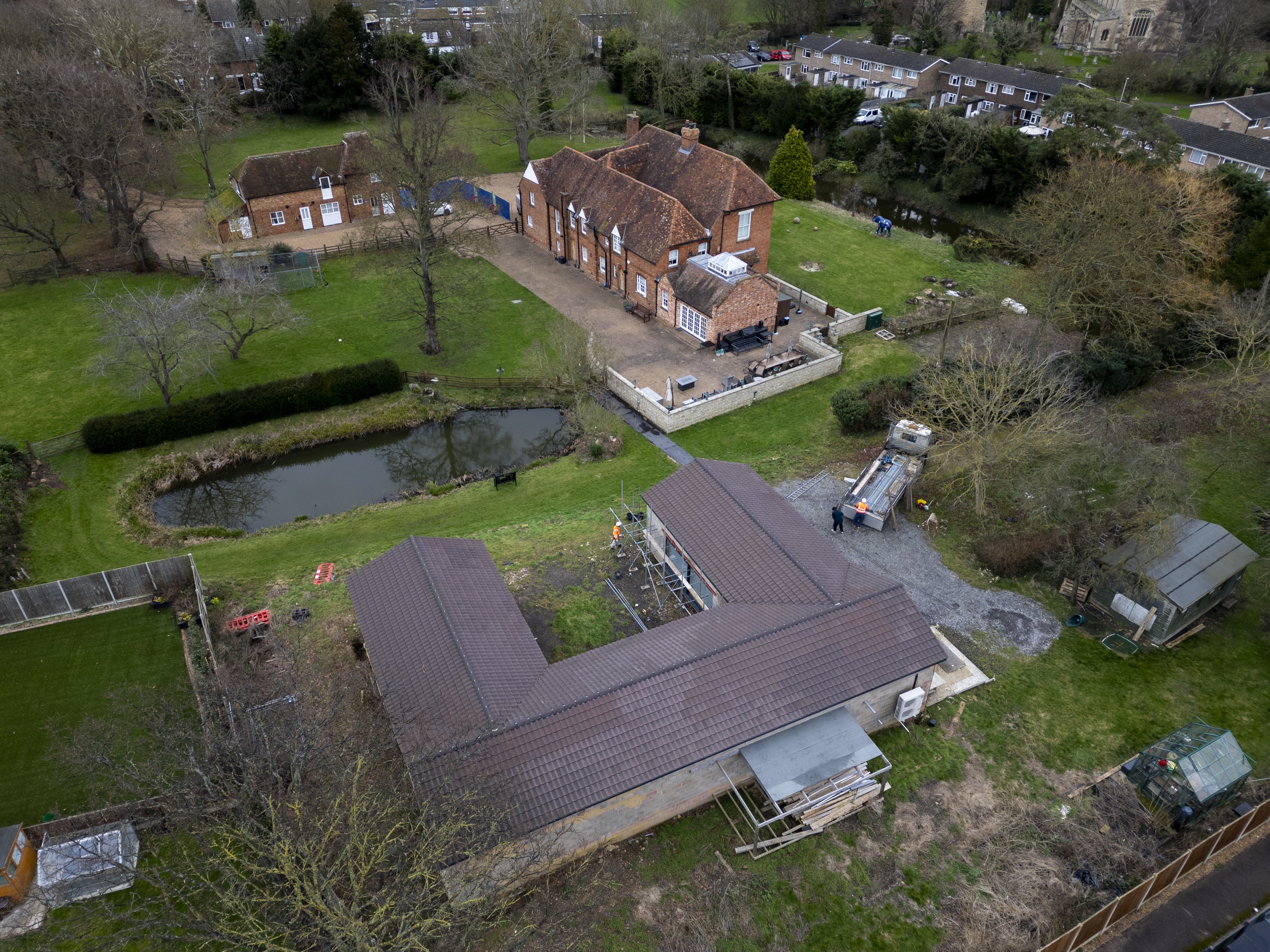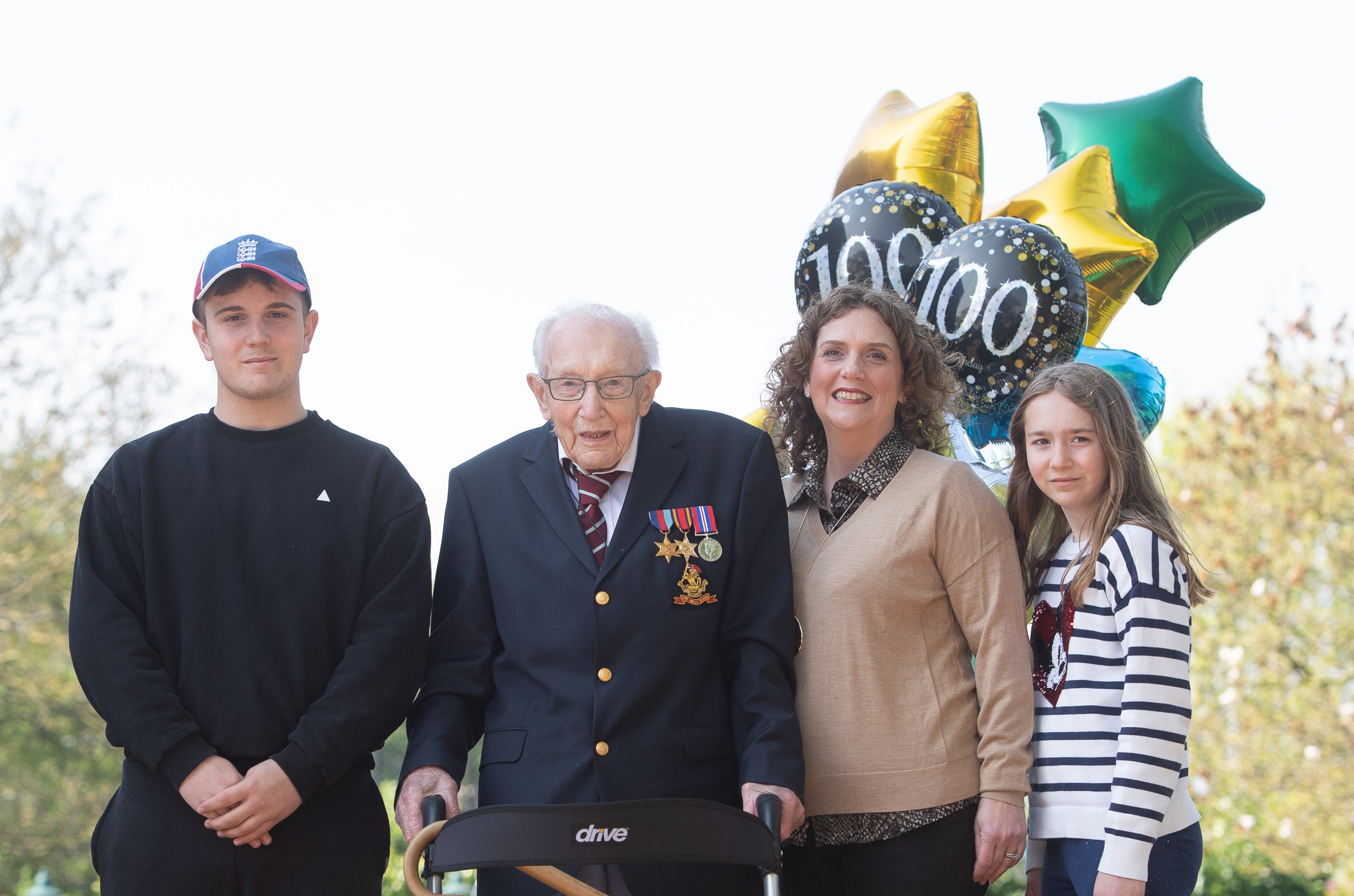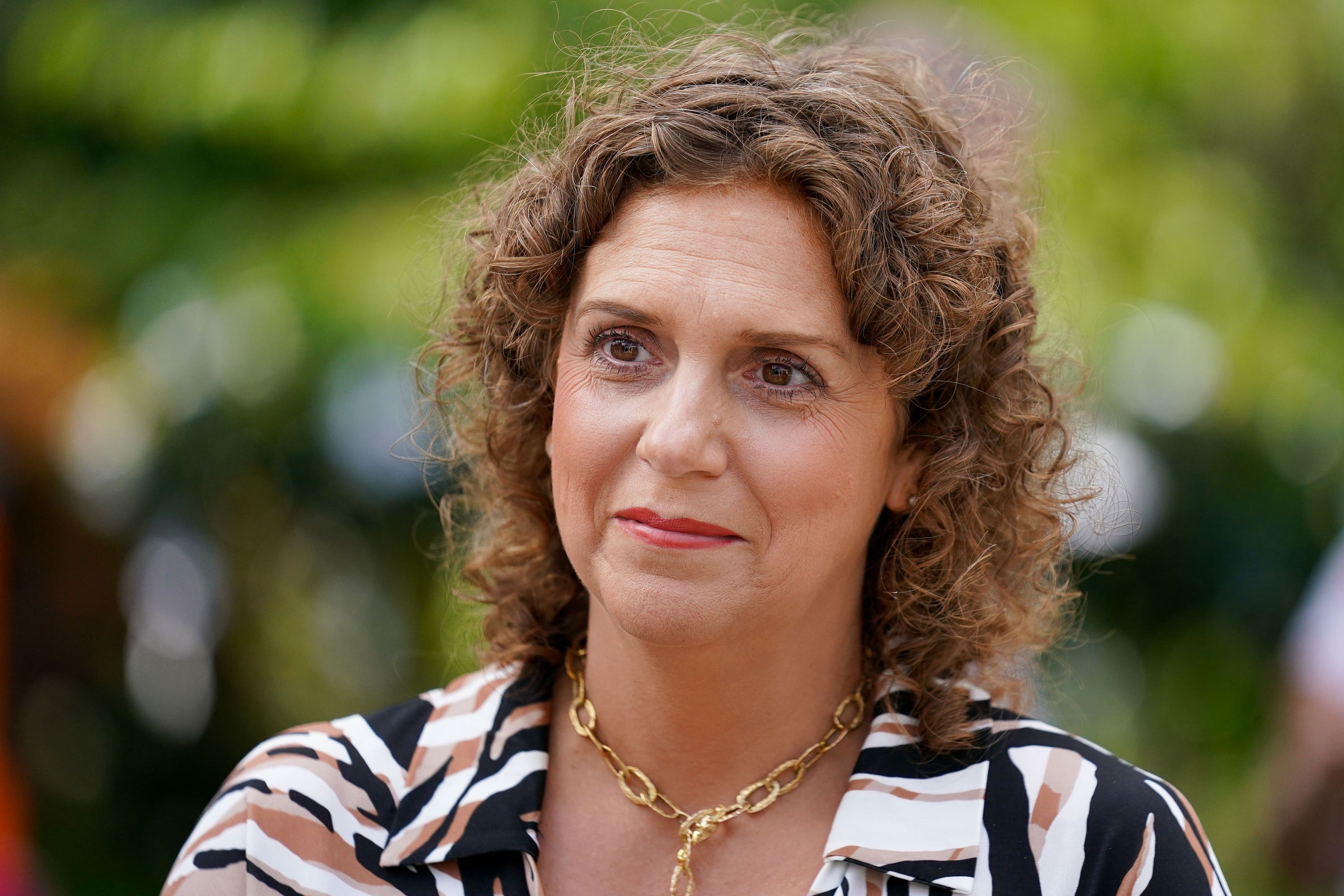Captain Tom Moore’s family “repeatedly benefited” financially from a charity created in his name, engaging in a “pattern of behaviour” that saw them personally earn more than £1m from their involvement, a highly critical report has found.
Hannah Ingram-Moore and her husband Colin, who are now disqualified from serving as charity trustees, had allowed the public to “understandably feel misled” after sales from the Second World War veteran’s autobiography were not donated to the charity.
The Charity Commission found that Ms Ingram-Moore had set out expectations for a £150,000 salary as CEO, and that the couple had used the charity’s name “inappropriately for private benefit” to erect a spa building in the garden of their Grade II listed home in Bedfordshire.
Key findings from the report include:
Captain Tom became famous during the Covid-19 pandemic in April 2020 by walking 100 laps around his garden ahead of his 100th birthday to raise money for the NHS.

His efforts raised £38.9m and catapulted him into fame, which saw him knighted by the late Queen at Windsor Castle before his death in January 2021.
Initially established in June 2020, the Captain Tom Foundation was aimed to recognise and raise money for organisations supporting the elderly in the UK. It first came under investigation in March 2021 over its accounts, which showed that during its first year of operation, just £160,000 was given away in charitable grants while £240,000 was spent on management.
The Charity Commission expanded this into a statutory inquiry in June 2022 amid concerns about the charity’s management and independence from Sir Tom’s family and their companies.
His daughter and son-in-law had become trustees of the charity in February 2021, with a proposal to employ Ms Ingram-Moore as chief executive on £100,000 stopped by the commission, as it was “neither reasonable nor justifiable”.
During subsequent interviews with ITV’s This Morning and Piers Morgan, Ms Ingram-Moore stated that she was never offered a six-figure salary, but only the sum agreed by the commission.

While “factually correct”, the 30-page report found this statement disingenuous as she had been involved in salary discussions and had “clearly influenced” the proposal to employ her on a £100,000 salary.
The report found that a publishing agreement worth £1.5m between Club Nook and Penguin House saw the publication of three books, including Captain Tom’s autobiography Tomorrow Will Be A Good Day.
In “compelling” evidence to the commission, the publisher, PR team, the literary agent and the charity’s other trustees outlined their expectation that the Ingram-Moores would make a significant donation from the sales to the foundation.

Despite the prologue implying that books sales would benefit the charity, his family kept the reported £800,000 profits for themselves.
In interviews for the inquiry, the couple also blamed their inclusion of the charity’s name in a planning application for a spa building was an “error” due to them both being busy undertaking “global media work”.
The block was demolished earlier this year, after the family lost an appeal against Central Bedfordshire Council’s order for it to be torn down.
The report also found there had been confusion over the handling of intellectual property rights, which the commission said were owned by the family but offered to the foundation to use without appropriate agreements in place, leading to possible financial losses to the charity.
In July, the Ingram-Moores released a statement saying they had been banned from being charity trustees, and describing the commission’s investigation as a “harrowing and debilitating ordeal”.

The orders against both – meaning Ms Ingram-Moore cannot be a trustee or hold a senior management role in any charity in England and Wales for 10 years, nor Mr Ingram-Moore for eight years – were issued in May and came into effect on 25 June.
David Holdsworth, commission chief executive, said the foundation set up in Sir Tom’s name “has not lived up to that legacy of others before self, which is central to charity”.
He added: “The public, and the law, rightly expect those involved in charities to make an unambiguous distinction between their personal interests and those of the charity and the beneficiaries they are there to serve.
“This did not happen in the case of The Captain Tom Foundation. We found repeated instances of a blurring of boundaries between private and charitable interests, with Mr and Mrs Ingram-Moore receiving significant personal benefit. Together the failings amount to misconduct and/or mismanagement.”
In a statement, Captain Sir Tom Moore’s family said they were treated “unfairly and unjustly” in the report, adding the Charity Commission’s two-year inquiry has taken a “serious toll” on the family’s health, “unfairly tarnishing” their name.
They described the process as “unjust and excessive”, adding that the charities watchdog had a “predetermined agenda”.
Their statement said: “True accountability demands transparency, not selective storytelling.
“We remain dedicated to upholding Captain Sir Tom’s legacy and want the public to know, that there has never been any misappropriation of funds or unauthorised payments from the charity’s bank account, by any member of our family.”







